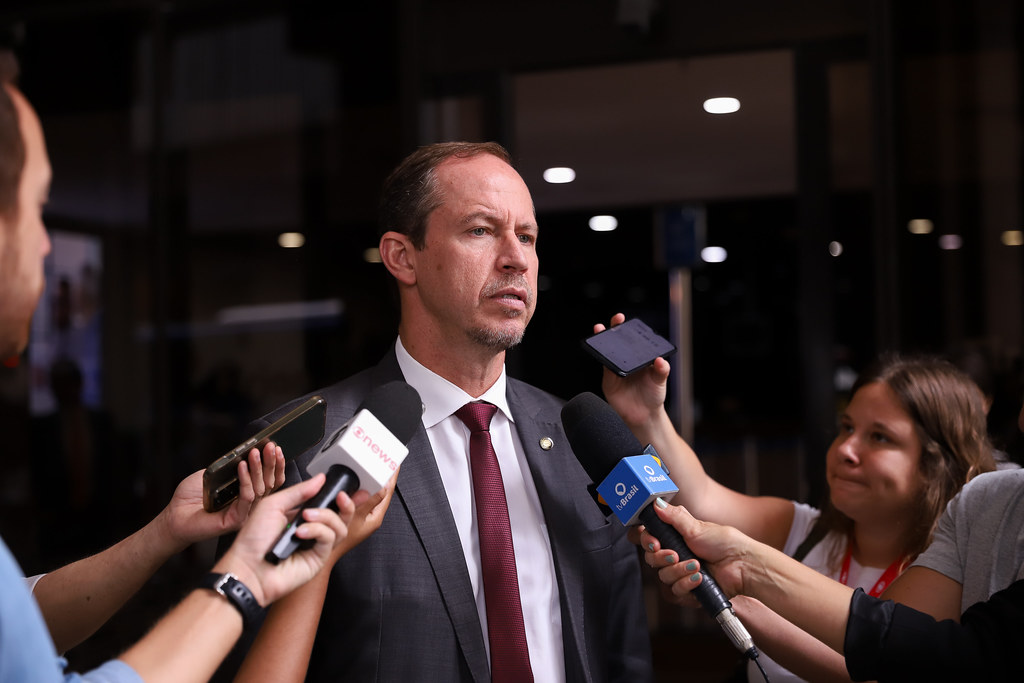Investigative journalism is a form of reporting that delves deep into issues that are often hidden from public view. It involves uncovering truths that may be concealed or misrepresented by those in power.
Importance of Investigative Journalism
Investigative journalism plays a crucial role in holding individuals and institutions accountable. By exposing corruption, abuse of power, and other injustices, it serves as a watchdog for society, ensuring transparency and integrity.
Types and Categories
Long-form Investigative Reporting
Long-form investigative reporting involves in-depth research and analysis to uncover complex issues. It often results in detailed narratives that provide context and understanding.
Data Journalism
Data journalism utilizes large datasets to uncover patterns, trends, and anomalies. By analyzing data, journalists can uncover stories that may not be apparent through traditional reporting methods.
Undercover Investigations
Undercover investigations involve journalists posing as someone else to gain access to information or situations that would otherwise be inaccessible. This method is often used to expose wrongdoing or unethical behavior.
Symptoms and Signs
Lack of Transparency
One of the symptoms of a society in need of investigative journalism is a lack of transparency from those in power. When information is withheld or obscured, it can indicate the presence of corruption or wrongdoing.
Growing Inequality
In societies where investigative journalism is lacking, inequality tends to grow unchecked. Investigative reporting can shine a light on disparities in wealth, power, and access to resources.
Suppression of Dissent
When investigative journalism is stifled, dissenting voices are often silenced. This can lead to a culture of fear where individuals are afraid to speak out against injustice or wrongdoing.
Causes and Risk Factors
Political Interference
Political interference can pose a significant risk to investigative journalism. When governments or powerful individuals seek to control the media, it becomes challenging to uncover and report the truth.
Economic Pressures
In an era of declining revenues for traditional media outlets, economic pressures can pose a risk to investigative journalism. Without sufficient resources, news organizations may struggle to fund in-depth reporting.
Legal Threats
Legal threats, such as defamation lawsuits or censorship laws, can deter journalists from pursuing investigative stories. Fear of retaliation or legal action can inhibit freedom of the press and stifle investigative reporting.
Diagnosis and Tests
Document Analysis
One of the key diagnostic tools used in investigative journalism is document analysis. Journalists pore over records, reports, and other documents to uncover evidence of wrongdoing or corruption.
Data Mining
Data mining involves sifting through large datasets to identify patterns or anomalies. By analyzing data from government agencies, corporations, or other sources, journalists can uncover stories that would otherwise remain hidden.
Interviews and Source Verification
Interviews with whistleblowers, experts, and other sources are essential in investigative journalism. Journalists must verify the credibility of their sources to ensure the accuracy of their reporting.
Treatment Options
Public Exposure
One of the primary treatments for corruption or wrongdoing exposed by investigative journalism is public exposure. By bringing issues to light, journalists can create public pressure for change.
Legal Action
In cases where laws have been broken, legal action may be necessary. Investigative journalists often work with law enforcement or regulatory agencies to hold wrongdoers accountable.
Policy Reform
Investigative reporting can also lead to policy reform. By uncovering systemic issues or flaws in existing policies, journalists can advocate for changes that address root causes of problems.
Preventive Measures
Protecting Press Freedom
Protecting press freedom is essential for preventing censorship and ensuring the continued practice of investigative journalism. Laws and regulations that safeguard journalists’ ability to report freely are crucial.
Investing in Journalism
Investing in journalism education and infrastructure is vital for nurturing the next generation of investigative reporters. Providing resources and support for investigative journalism projects can also help sustain the practice.
Supporting Independent Media
Supporting independent media outlets and non-profit journalism organizations is another way to promote investigative reporting. These organizations often rely on donations and grants to fund their work.
Conclusion
In conclusion, investigative Jornalismo is a vital tool for uncovering the truth and holding power to account. By exposing corruption, abuse of power, and other injustices, investigative journalists play a crucial role in promoting transparency and accountability in society.
